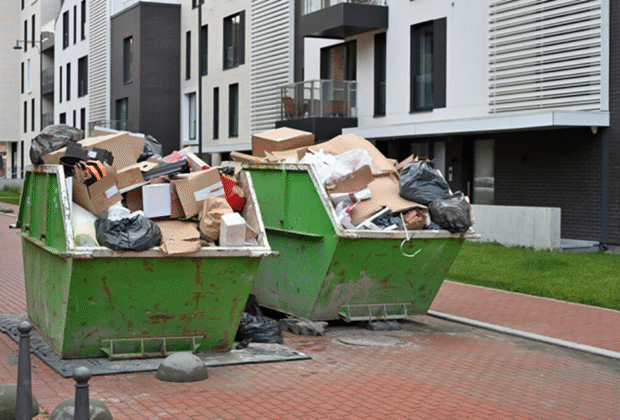A Discreet Entry Into Crypto Gambling
King Johnnei Casino positions itself inside the growing no-KYC gambling segment. The platform removes traditional identity checks and replaces them with blockchain-based onboarding. Players connect a wallet, deposit crypto, and start wagering within minutes.
That frictionless process attracts privacy-focused gamblers. However, speed alone does not determine quality. A serious evaluation must look deeper into liquidity, software integrity, and withdrawal performance.
The site operates exclusively on cryptocurrency rails. Deposits and withdrawals run through blockchain transactions, which reduces chargeback risk and shortens payout cycles.
Game Library and Software Depth
The casino hosts a mix of slots, live dealer tables, and provably fair games. Slot RTP percentages range between 94% and 97%, aligning with industry averages. High-volatility titles dominate the portfolio, which suits risk-tolerant players chasing larger multipliers.
Live dealer offerings appear sourced from established studios. Stream quality remains stable during peak hours. Blackjack and baccarat tables display transparent payout structures, with house edges consistent with standard online benchmarks.
Provably fair games deserve attention. These crypto-native titles allow players to verify randomness through cryptographic hashing. That feature strengthens trust in the absence of regulatory oversight.
Still, game filtering tools feel limited. Serious grinders may find search navigation slightly inefficient.
Bonus Mechanics and Wagering Structures
Promotional offers focus on deposit-matching bonuses and reload incentives. Wagering requirements sit between 30x and 40x. That range falls within common crypto casino standards.
The terms avoid extreme restrictions. However, certain high-RTP games contribute less toward rollover. Players must read contribution tables carefully before committing significant bankroll.
No-KYC casinos often compensate for anonymity with stricter bonus rules. King Johnnei follows that pattern moderately, not aggressively.
Payment Infrastructure and Liquidity
Supported assets include major cryptocurrencies such as Bitcoin and Ethereum, alongside several altcoins. Transactions confirm quickly under normal network conditions. Withdrawal requests typically process within hours rather than days.
Liquidity appears stable for mid-level withdrawals. Large payouts may trigger internal risk reviews. While the platform markets itself as no-KYC, suspicious transaction patterns could prompt verification checks.
This hybrid compliance approach reflects broader industry trends. Complete anonymity rarely exists once substantial sums enter the equation. Players seeking a deeper analysis of platform mechanics can explore kingjohnnie.nokyc-casino.io for technical breakdowns and user observations.
Risk Profile and Player Suitability
No-KYC casinos operate in a regulatory gray zone. That reality introduces counterparty risk. Funds remain exposed to operational solvency rather than government-backed protection.
Responsible bankroll management becomes essential. High-volatility slots combined with crypto price fluctuations amplify variance. A winning session can lose value if the underlying asset drops sharply. Customer support responds through live chat. Response times remain reasonable, though dispute resolution transparency lacks the structure found in licensed jurisdictions.
Analytical Verdict for 2026
King Johnnei Casino delivers efficient crypto transactions, a competitive RTP range, and solid provably fair integration. It does not revolutionize the no-KYC segment, but it meets functional expectations. The platform suits experienced crypto gamblers who prioritize privacy and understand volatility dynamics.
Casual players seeking regulatory safeguards may prefer licensed environments. Measured against industry benchmarks, King Johnnei stands as a pragmatic option rather than a transformative one.
Read Full Article












